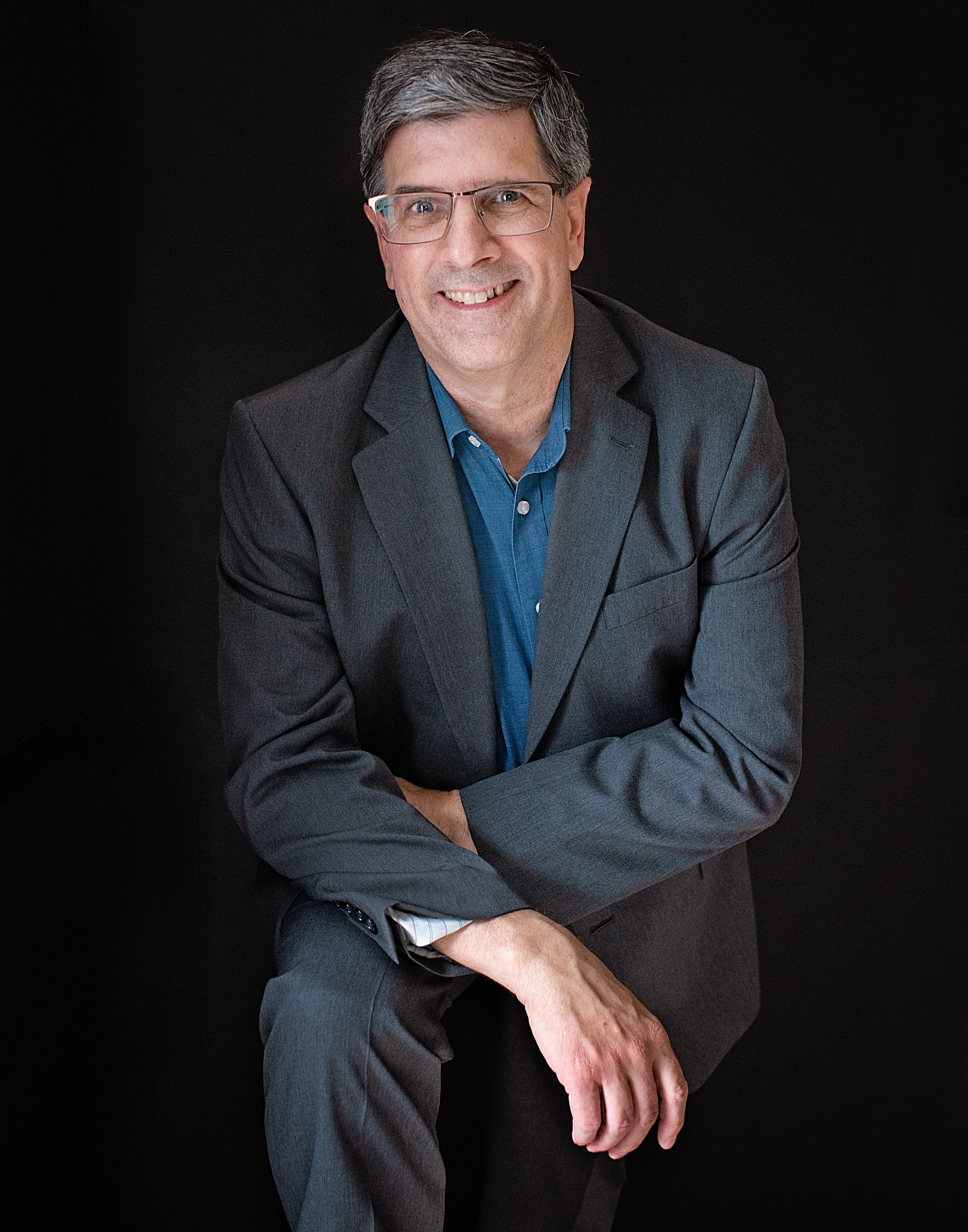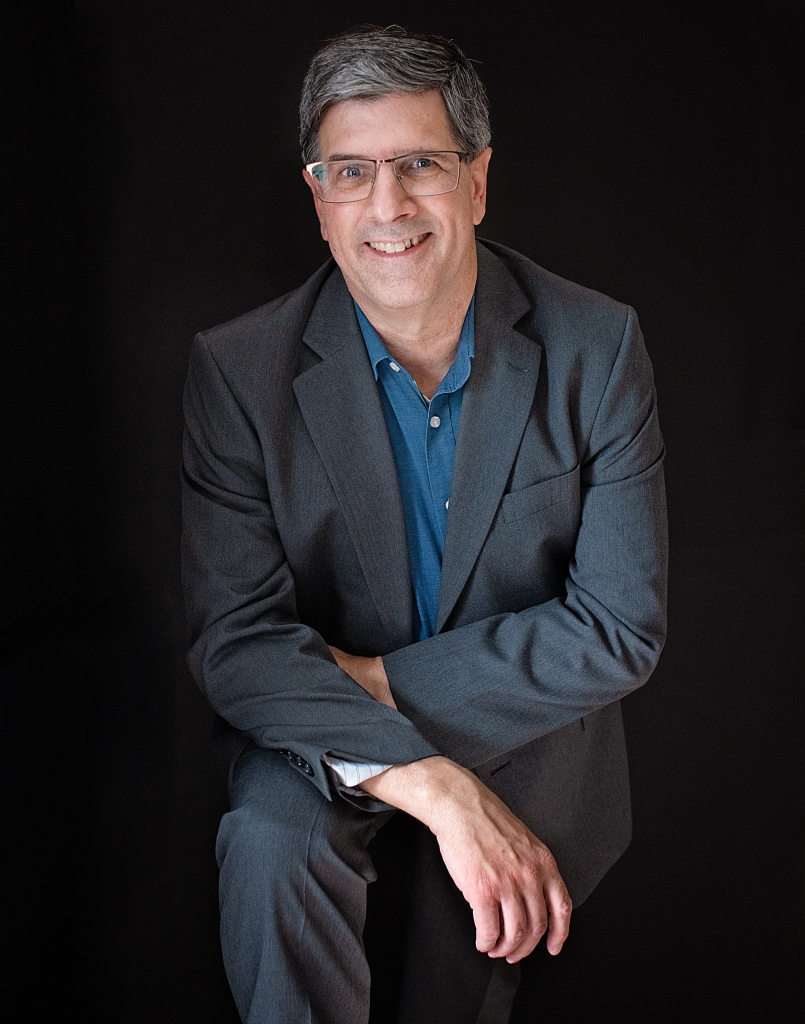I have a bad habit. Maybe others have it, too.
I often will buy books that look really great, but then they sit on my shelf in a queue. Some sit for a little while; some I have never got around to reading yet. One of those books that sat in a small pile on my desk for about a year is called Fruitfulness on the Frontline. I finally picked it up last month. I was so glad I did. Let me share some profound excerpts from the first three chapters.
The author, Mark Greene, is the Executive Director of the London Institute for Contemporary Christianity. I had the privilege of meeting him at the 2018 Faith@Work Summit. I attended a seminar he taught entitled, “Connecting How We Read the Bible to Faith at Work in Practice.” It was a great session on the implications in the book of Ruth, which inspired me to write an article.
Chapter 1 – Overture to the girl with no name
Early in the first chapter, he quotes 1 Cor. 1:26-29, where the Apostle Paul reminds the church in Corinth that God chose ordinary people to follow Jesus. People, just like most of the folks that you and I know who were not particularly wise in the eyes of the world; they were not influential, nor were they of noble birth. But God in Christ chose people who were seen by the world as foolish, weak, lowly, and despised. He did this so that none of us could boast about why God chose us.
Greene’s main point here is that ordinary people, redeemed by Jesus Christ, can be used by God to influence for eternity those whom God has placed right where we live and work. This place he calls our frontline. He asks, “Do we really need to have a high position, or a university degree, or lots of money to have a significant impact for God?” The answer, of course, is a resounding no.
Greene states that he will share lots of stories about “followers of Jesus who have come to see the places and the people they encounter on their frontlines with hearts shaped by God’s redemptive priorities.” He states that his purpose is to encourage his readers “to grow more alert to the ways that the God and Father of our Lord Jesus Christ has been working, is working, and might work in and through you right where you are, whatever your frontline.”
He issues his readers a bold challenge: “We have yet to see what extraordinary things might happen in the offices and factories, cafes and clubs, fields and forests of our land when God’s people really work together to support the daily mission of their brothers and sisters where God has placed them.” These are inspiring words!
Chapter 2 – Bananas are not the only fruit
Greene starts the chapter with brief stories of three people: one a university student, one who works in a factory, and another one with chronic arthritis who volunteered in her local church. They had one thing in common: they did not see how they could be fruitful for God right where there were.
Later on, the student came to discover that “God could work in and through her at university in a rich variety of ways.” One day, the factory worker realized that God “must have something he wanted him to do right where he was . . . and he began to see what that was.” And the disabled church volunteer “realized that she had a frontline, a place of ministry and mission . . . her illness no longer made her a victim; it gave her a ministry.” I loved how these and other stories are presented.
Greene defines how he will use frontline: he means “a place or a time where we meet fairly regularly with people who don’t know Jesus.” He makes us think, emphasizing, “In different ways and in different seasons, all of us have a context where we meet people who don’t know Jesus.”
For the remainder of this chapter, he explains what “fruitfulness” looks like. I liked his approach as he clarifies that it is not all about evangelism. (Note: I invite you to read an article I wrote about this topic.) Greene articulates a concern that I have also sensed for quite some time:
Vast numbers of Christians don’t believe that they are being fruitful for God, because fruitfulness has been narrowly defined as evangelism. Now, if you don’t think anything other than evangelism matters to God, then at the end of an average day or an average week at work or at the school gate, it’s pretty easy to feel that you aren’t doing anything significant for God, that your day, your week has been a bit of a waste. . . And so, it’s quite likely that you will feel discouraged or perhaps detached from God’s real work in the world.
Right away, Greene anticipates that there will be some who will object to his viewpoint. He clarifies, “Now evangelism really does matter. . . . But evangelism, as we shall see, is not the only expression of fruitful living, any more than bananas are the only fruit. . . Bananas are not the only fruit, any more than new converts are the only fruit that God is concerned about.” He concludes, “What we need is a richer picture of what fruitfulness in Christ looks like.” Such refreshing words!
Greene carefully explains that in the Bible, fruit is used as “an overall metaphor for the consequences of the obedient, godly life.” For example, he quotes Ps. 1:1-3.
He continues, “Godly living shaped by godly obedience leads to a life that fulfills the purposes God has for it – fruit at the right time. . . Good fruit is any attitude, any word, any action that pleases God. Fruit is any consequence that is in line with his will – an animal properly cared for, a local pond cleaned up, a person saved, healed, fed, given a cup of water, taught, corrected, trained in righteousness, defended, rescued from injustice, or loved in any godly way. Fruit is anything done with authentic love.” He concludes, “Ultimately, then, fruit is anything that brings glory to God.” I appreciate his illustrations of ordinary work.
Chapter 3 – A life more fruitful: his invitation
There were just a handful of inspirational quotes in this chapter that I wish to share.
Greene reminds us of a pivotal passage in Col. 1:16, where the Apostle Paul states that Jesus “is the image of the invisible God, the firstborn over all creation, the Creator of all things: ‘For in him all things were created: things in heaven and on earth, visible and invisible, whether thrones or powers or rulers or authorities.’”
Greene asks rhetorically, “If all creation, visible and invisible, is his, wouldn’t he be interested in the impact that our activities in the kitchen, at school, in factories, fields and offices, in government and radio stations and art galleries and hospitals and science labs have on his creation and on people created in his image?” He then answers, “And he is.” Well said!
At the conclusion of this chapter Greene asks his readers to be prayerful as they explore his ideas. He reminds us of the constant presence of God as we are growing in our understanding. He counsels, “He is at work in you, but he does not need you to be perfect in order to work through you.” Amen!
I appreciated Greene’s well-thought out and practical perspective on the theology of work. I look forward to reading the rest of this book. It lines up quite well with my own emphasis on the connection between God’s presence and human work. God called us to work right where we are for such a time as this. He is with us in it.
About the author:

Russell E. Gehrlein is a Christian, husband of 39 years, father of three, grandfather of four, and author of Immanuel Labor – God’s Presence in our Profession: A Biblical, Theological, and Practical Approach to the Doctrine of Work, published by WestBow Press in February 2018. He received a B.S. in Mathematics from Colorado State University and an M.A. in Biblical Studies from Grand Rapids Theological Seminary. He is a former junior/senior high school math and science teacher and youth pastor. After serving 20 years on active duty, Russ now works as a Department of the Army civilian at Fort Leonard Wood, Missouri. Fifty articles posted on this blog have been published on numerous Christian organization’s blogs or websites, including: the Center for Faith & Work at LeTourneau University, Institute for Faith, Work & Economics, Coram Deo, Nashville Institute for Faith + Work, Made to Flourish, 4Word Women, Acton Institute, and The Gospel Coalition.




